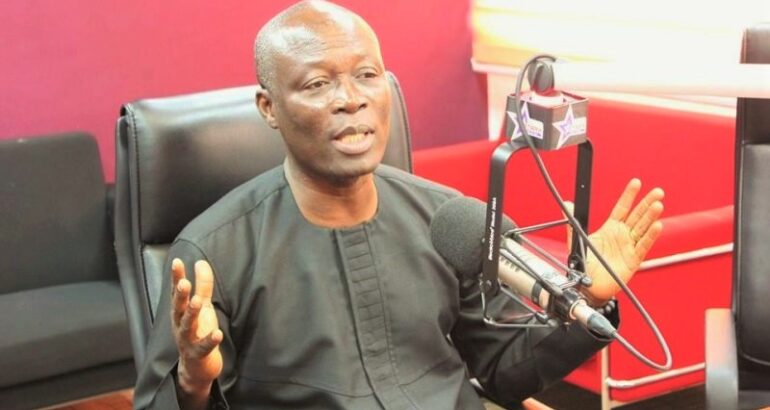The National Coordinator of the District Road Improvement Programme (DRIP), Nii Lantey Vanderpuye, has called on Ghanaians to support the recently approved GHS1.00 fuel levy, cautioning that failure to do so could lead to a significant increase in electricity tariffs—up to 50%.
Vanderpuye described the levy as a practical and preventive solution designed to raise funds for power generation without placing a heavier burden on consumers through direct electricity price hikes.
“This levy is meant to solve a problem we’ve created ourselves,” he said. “If we don’t adopt this measure, the only alternative is for all of us to pay 50% more for electricity. Would you rather pay that, or contribute just GHS1 per litre of fuel? This is about sharing the burden fairly and avoiding more painful options.”
The levy, part of the Energy Sector Levy (Amendment) Bill, 2025, imposes a GHS1 charge on every litre of petroleum product. Passed by Parliament on June 3, the measure aims to raise approximately GHS5.7 billion to address Ghana’s mounting energy sector debts and ensure stable fuel supply for thermal power plants.
Finance Minister Dr. Cassiel Ato Forson has disclosed that the sector faces a debt of $3.1 billion, with an additional $3.7 billion needed to clear arrears. Moreover, about $1.2 billion will be required in 2025 to procure fuel for power generation.
Vanderpuye stressed that the government’s goal is not to impose hardship on citizens but to prevent the return of ‘dumsor’—the prolonged power outages that previously disrupted homes and businesses across the country.
“It’s either tariffs or taxes,” he added. “We believe it’s more equitable to spread the cost through a fuel levy than to hit consumers with drastic increases in electricity bills.”
He urged Ghanaians to view the levy as a national necessity, aimed at securing a consistent power supply while avoiding further financial strain on households and businesses.


